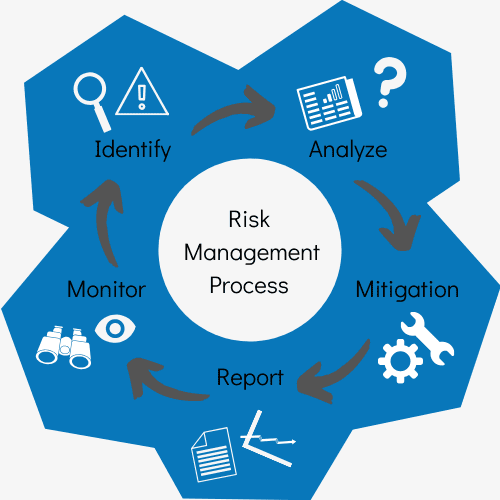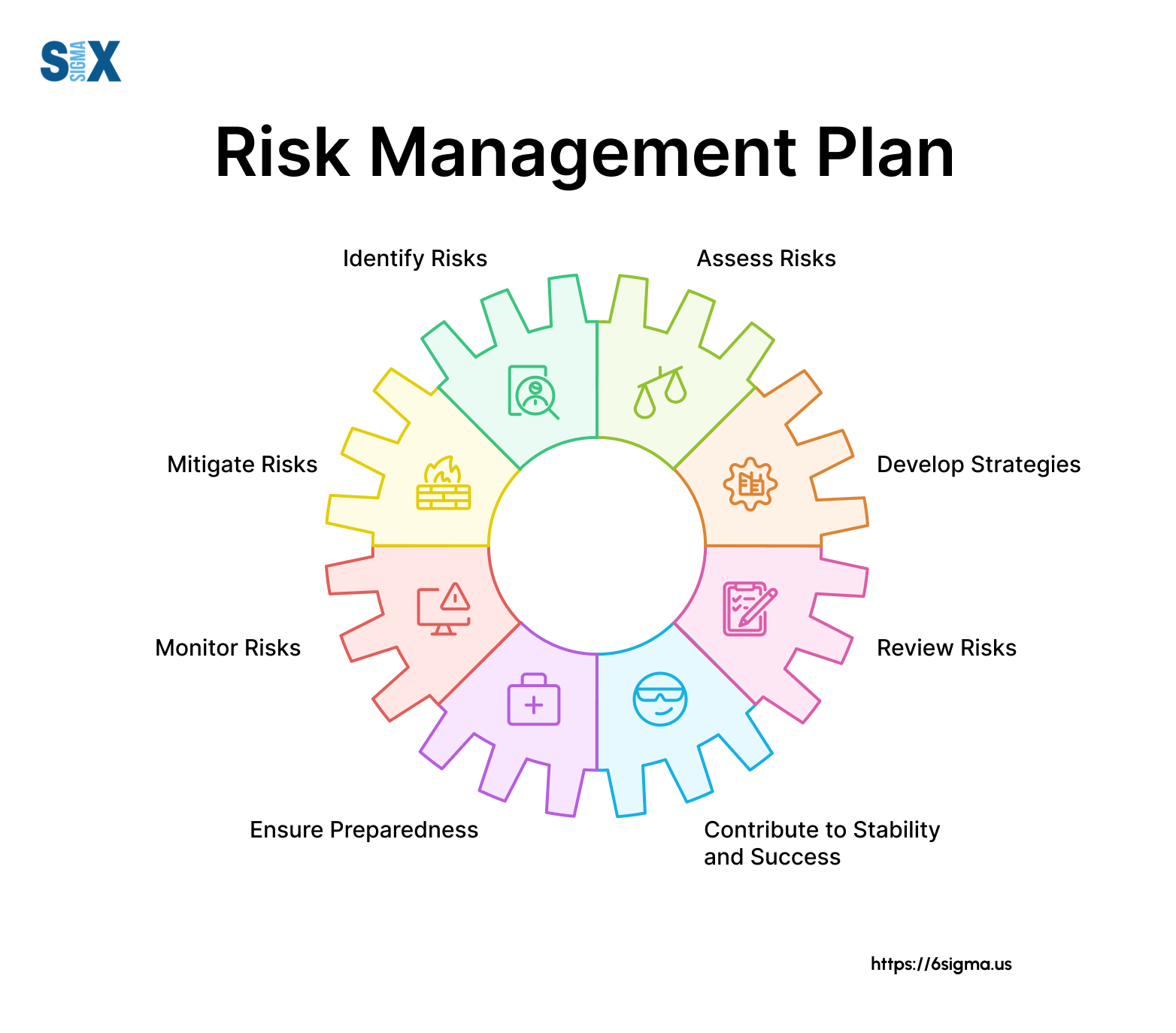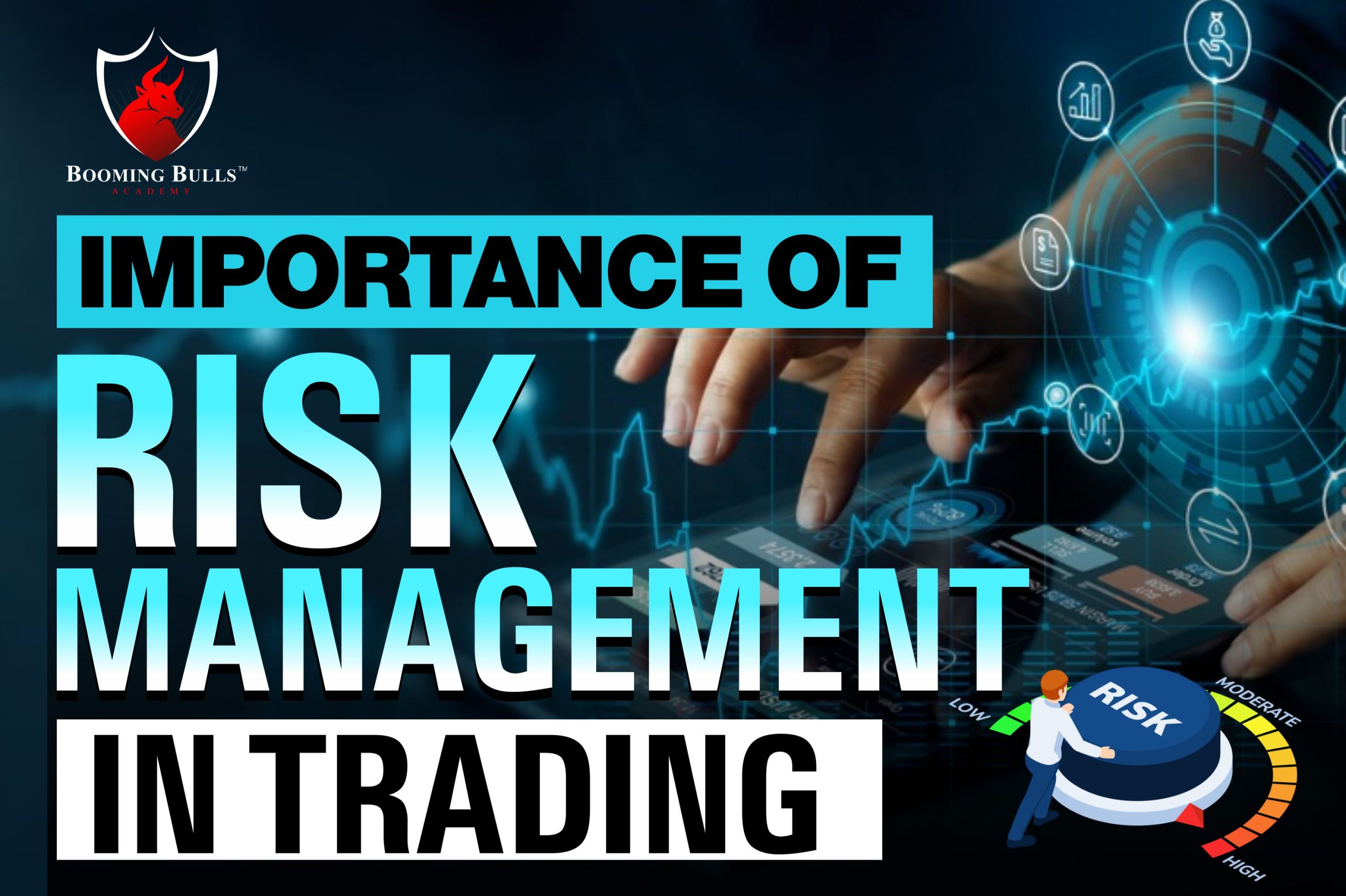Understanding the Value of Risk Management in Current Business Practices
Understanding the Value of Risk Management in Current Business Practices
Blog Article
The Value of Comprehending the Significance of Risk Management in Different Industries

The Core Concept of Risk Management and Its Purpose
Risk Management, the cornerstone of many industries, hinges on the recognition, evaluation, and mitigation of uncertainties in a service environment. By properly identifying potential dangers, businesses can establish strategies to either avoid these risks from happening or lessen their impact. As soon as threats have been identified and evaluated, the reduction procedure includes developing methods to minimize their potential impact.
Advantages of Applying Risk Management in Organization Operations

Revealing the Function of Risk Management in Different Industries
While every industry faces its one-of-a-kind set of threats, the application of Risk Management techniques continues to be an usual in their search of sustainability and development. In the medical care industry, Risk Management entails ensuring person security and data protection, while in money, it involves mitigating investment threats and ensuring regulative conformity. Ultimately, the duty of Risk Management across sectors is to recognize, examine, and mitigate threats.
Real-life Case Research Studies Showing Successful Risk Management
To comprehend the significance of Risk Management in these many sectors, one can look to a number of real-life circumstances that illustrate the successful application of these measures. As an example, in the energy field, British Oil developed Risk mitigation intends go post the 2010 Gulf of Mexico oil spill. They executed better safety and security treatments and more stringent laws which considerably reduced further crashes. In a similar way, in finance, Goldman Sachs effectively navigated the 2008 monetary situation by identifying potential mortgage-backed safety and securities threats early. Last but not least, Toyota, upload the 2011 earthquake in Japan, revised its supply chain Management to decrease disturbance risks. These instances demonstrate just how industries, gaining from situations, successfully used Risk Management techniques to decrease future threats.
Future Patterns and Developments in Risk Management Approaches
As the world remains to progress, so also do the fads and developments in Risk Management approaches. Rapid innovations in innovation and information analytics are reshaping the Risk landscape. Huge information and AI are now crucial in predicting and alleviating threats. Organizations are leveraging these tools to develop anticipating versions and make data-driven decisions. Cybersecurity, once a peripheral worry, has catapulted to the leading edge of Risk Management, with approaches concentrating on Home Page detection, feedback, and prevention. The combination of ESG (Environmental, Social, Administration) factors into Risk Management is an additional expanding trend, mirroring the enhancing recognition of the role that social and ecological risks play in business sustainability. Therefore, the future of Risk Management depends on the blend of advanced technology, innovative strategies, and an alternative technique.
Verdict
In conclusion, recognizing the value of Risk Management across a spectrum of markets is essential for their long life and success. Ultimately, effective Risk Management adds to much more lasting and resistant organizations, highlighting the importance of this practice in today's extremely competitive and vibrant service environment.
While every sector challenges its one-of-a-kind collection of risks, the execution of Risk Management approaches continues to be a typical in their quest of sustainability and growth. In the health care field, Risk Management requires making sure client safety and data defense, while in money, it entails mitigating financial investment dangers and making sure regulatory conformity. Eventually, the function of Risk Management throughout sectors is to determine, examine, and minimize dangers. These instances demonstrate exactly how sectors, finding out from situations, properly used Risk Management methods to minimize future risks.

Report this page